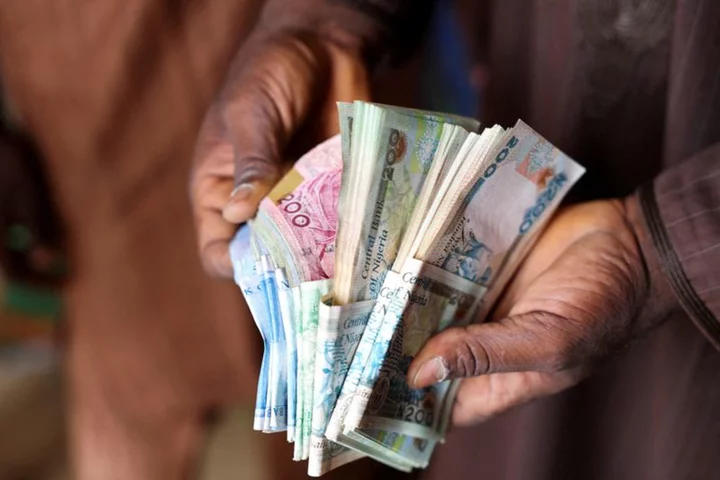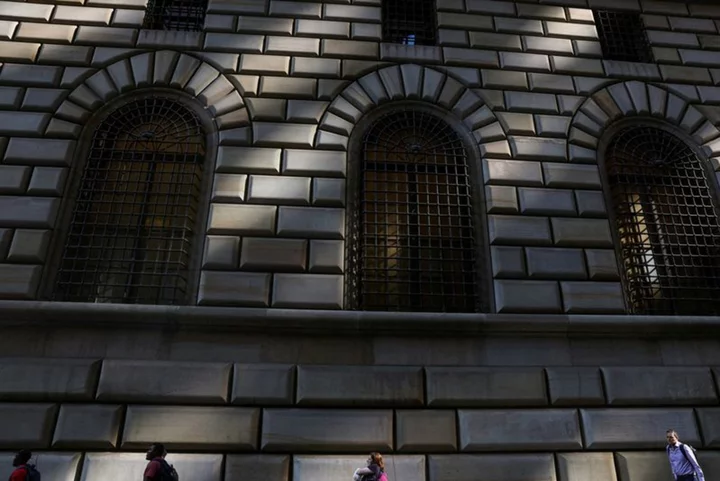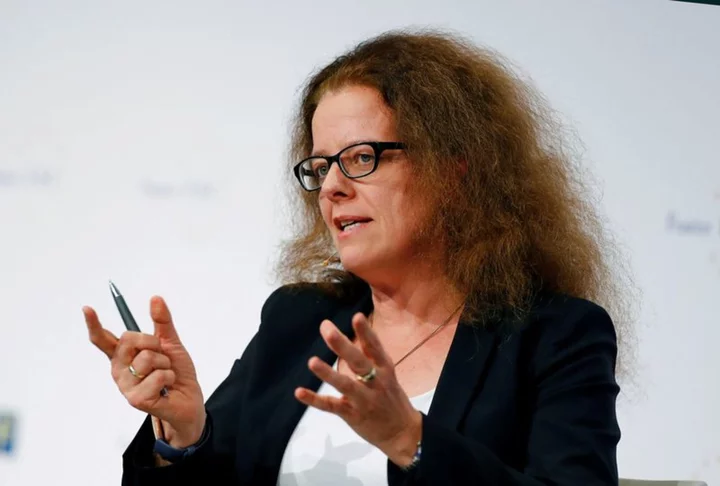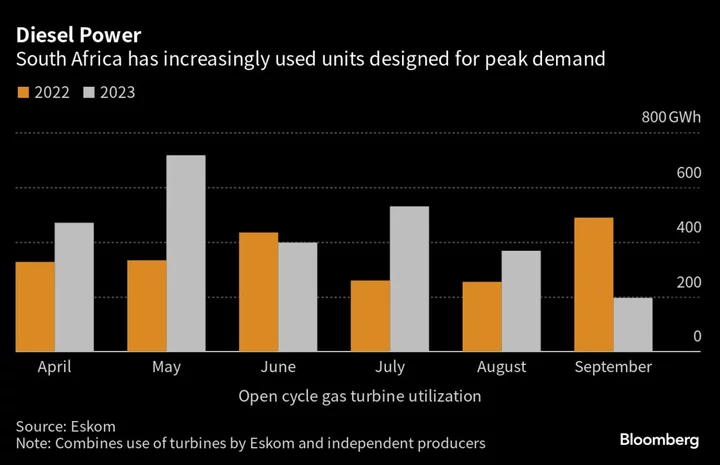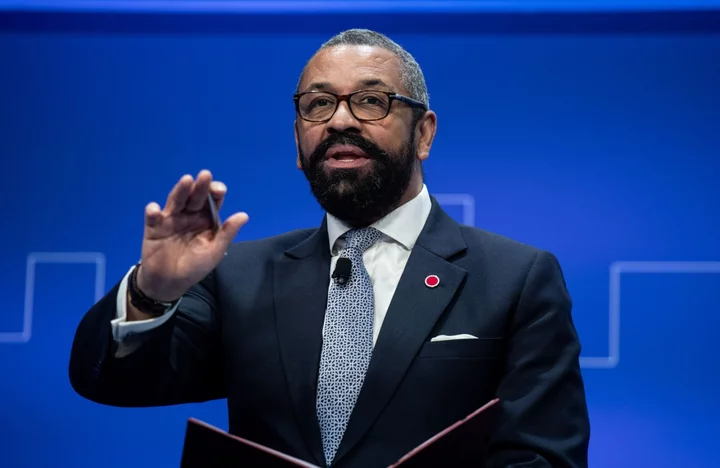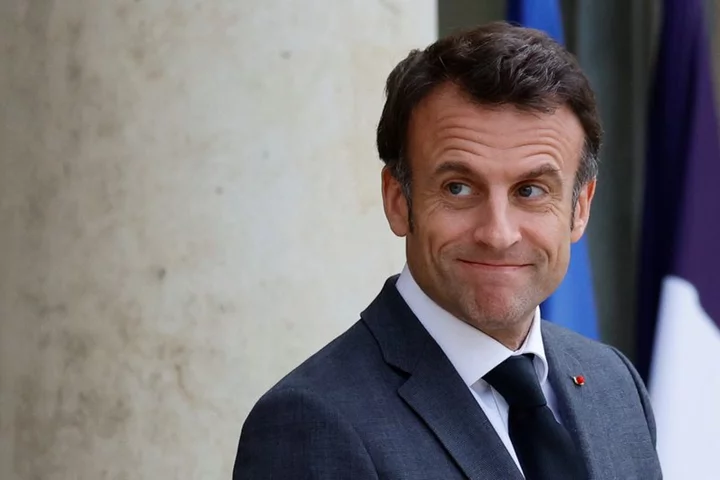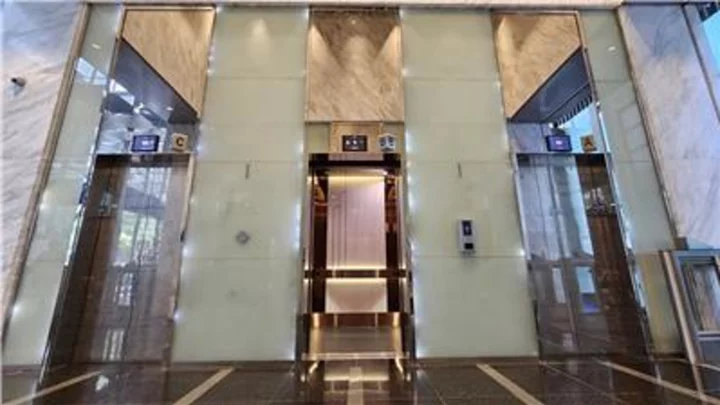Embattled shadow banking giant Zhongzhi Enterprise Group Co. has revealed the depth of its financial difficulties, telling investors it is “severely insolvent” with a shortfall of $36.4 billion.
The privately owned wealth manager said liquidity has dried up and the recoverable amount from asset disposals is expected to be low, according to a letter sent to investors on Wednesday seen by Bloomberg News.
Zhongzhi first triggered concern in August after one of its trust-company affiliates failed to make payments to customers on high-yield investment products. The group’s financial difficulties add to President Xi Jinping’s challenges as officials grapple with a property crisis and a weak economy.
“The government will have to step in to help, and make sure the asset disposal will be conducted in an open and fair approach,” said Sun Jianbo, founder of Beijing-based asset manager China Vision Capital, adding bad assets are typically sold with a 70% discount. “For investors, it’s a lesson with huge costs.”
An audit found Zhongzhi’s debts total 420 billion yuan to 460 billion yuan ($64.4 billion), compared with assets of 200 billion yuan, according to the letter.
The firm said the death of its founder Xie Zhikun in 2021 and the subsequent departure of senior executives had led to a failure of internal management. Previous efforts at a “self-rescue” didn’t live up to expectations, Zhongzhi said in the letter.
The company didn’t respond to a request seeking comment. The firm earlier hired KPMG to carry out what is likely to be a protracted restructuring process.
Those affected by Zhongzhi’s troubles are likely to be wealthy individuals. Shadow banks like Zhongzhi are loosely regulated firms that pool household savings to offer loans and invest in real estate, stocks, bonds and commodities. In recent years, even as rival trusts pared risks, Zhongzhi and its affiliates, especially Zhongrong International Trust Co., extended financing to troubled developers and snapped up assets from companies including China Evergrande Group.
“Preliminary due diligence shows the group has endured a significant risk of sustainable business operation and the company doesn’t have sufficient assets to cover debt in the short term,” the firm said in the letter.
--With assistance from Li Liu and David Scanlan.
(Adds analyst comment, details throughout.)


